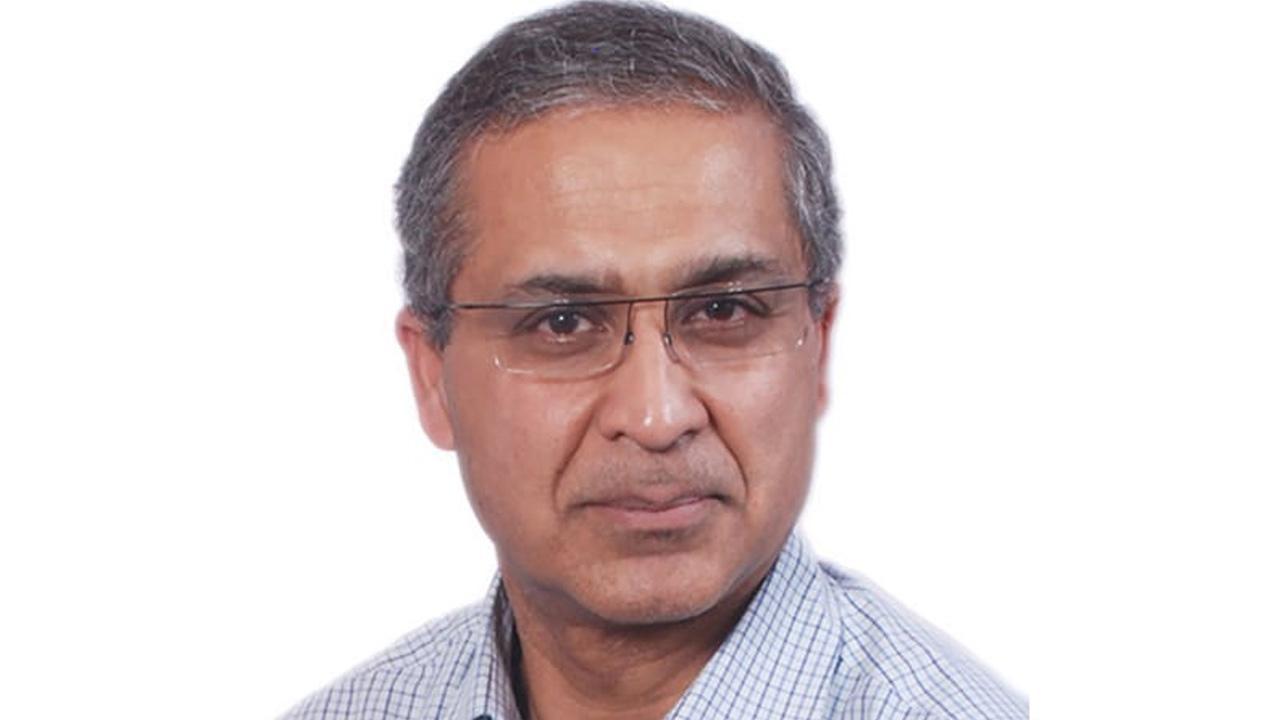According to several statistics, India is leading the world in terms of digital payments with nearly 60% of all digital payments currently UPI-based.

Digital payment solutions are now used by more than 300 million smartphone users in India out of around 700 million. It is quite heartening to see so many people contributing to the country's GDP through banking and e-commerce on their swank smartphones. Equally disheartening is to know that about 300 million people using the humble feature phones -- the population that represents Bharat --have no place in India's digital growth success story. Recent announcement by RBI on guidelines for enabling digital payment solutions on feature phones is garnering a remarkable public interest among these device users. But, this is not enough. We need more private participation. NextGen Telesolutions, a Delhi-based fintech start-up, has set its eyes on this market and is out to digitally empower every feature phone user. In an interview with the company's co-founder Taron Mohan, he explains the challenges and desired outcome for this sleepy corner of our otherwise ultra vibrant telecom industry. Excerpts:
ADVERTISEMENT
1. Do you see payment solutions on feature phones finding favour with the masses?
This user segment, often perceived as having basic awareness levels on the digital world outside, is surprisingly hungry for a digital financial service that can work on their basic handsets. Today, around 40 percent of our population using feature phones are on assisted mode of services and want to graduate to a platform which is more inclusive to their needs apart from being cheaper, simpler and more accessible. The payment solutions on feature phones will enable easy access for feature phone users to micro and instant loans, insurance services, bill payments,money transfer , among other banking services. At present, these services are neither available nor compatible on their phones. It's a large market to be tapped! Imagine such a humongous population going financially digital. It will not only better their lives but also make them a sizeable chunk in contribution to GDP and credit growth.
2. Will there be marked contribution from the population using feature phones to country’s economy ?
Yes, this user segment is primarily the MSME segment, which today contributes to about 65% of the country’s GDP. The growth engine in digitising Bharat has been charged. In a year's time , the country will see digital revolution sweeping Bharat and the chunk of population that could not move to such kind of digital solutions will embrace it. No wonder , the shift from assisted payment or banking solutions to in-phone payment methods will show up significantly in the overall GDP pie.
3. What could be the challenges addressed by offline-payments?
Offline payments need a “secure environment” on a mobile device. A mobile handset was made for voice and messaging, not for secure services. Hence, adding a “secure element / secure environment” to a mobile device, will enable offline payments. These can be stored wallet services enabling payments or simply secure digital ID storage on a device and then enabling it for offline authentication.
4. How is the feature phone payment service going to benefit MSME sector?
The MSME sector today lives on a feature phone, primarily because of its long battery life, affordability and simplicity. Till these attributes also define our smart phones, the MSME sector will not graduate to smart phones. Hence, enabling a secure, trusted, simple and a multi language payment service on these feature / non-smart phones will go a long way in benefiting this sector.
5. What are your plans to change the course of payment solutions for Bharat?
Plans are afoot to enable a secure, simple, safe and a trusted digital financial inclusion ecosystem for Bharat. Through our SIM overlay solution we endeavour to help “Bharat” grow and mature to a digital economy and contribute in a large way to the GDP growth of the nation. It is “Bharat” which today is not in the mainstream economy. NexGen's sole aim is to mainstream this strata. We are, at present, in talks with numerous micro finance institutions and telecom companies to make this possible. Announcements pertaining to these tie-ups are on the anvil.
6. What is the future outlook?
The future outlook is quite encouraging and is multifold in many ways. First is mainstreaming Bharat on the nation's growth trajectory. Second, we would enable a secure financial transaction / secure ID on a mobile devices. Third, we aim to enable multiple services for these users that include offline wallets / payment and hosting of the national IDs and health certificates on their devices.
7. What is your desired outcome of combined efforts put in by government, banks and private sector players in this ecosystem?
In about five years, we would have built a secure userID, validation, data storage and a transaction environment for every Indian – be it on the advanced smart phones or the very basic feature phones. And these facilities on the mobile devices will never be sans the whole range of secure user and service authentication services.
 Subscribe today by clicking the link and stay updated with the latest news!" Click here!
Subscribe today by clicking the link and stay updated with the latest news!" Click here!










